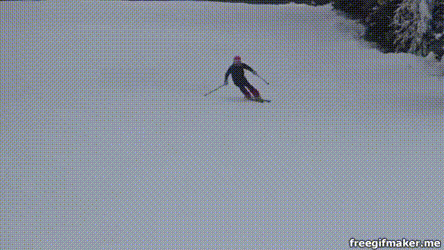Be uncomfortable
Pub
Share
If you are trying a new movement or trying to increase a range of movement and you feel comfortable while working on it, you are not achieving much! Our brains are built to evolve and improve at the edge of ability, where we feel uncomfortable.
Especially when changing the movement patterns, we will feel uncomfortable at first and that is a sign that we are indeed changing something. One critical issue is, of course, making sure the new movement pattern is the correct one or at least better than the old one!
This is where this website aims to guide you, with lots of photos, descriptions, videos, checkpoints and feedback cues.
Skill acquisition
These are the stages of skill acquisition and how they correspond to the levels here:
- introduction - when we are explained the new skill. These are the talks and the sessions we have throughout a level.
- acquisition - we show signs that we understand it and can execute it sometimes when focused on it and in easy conditions, this should happen by the end of the first level (like intro or effective, or performance), at the various performance levels.
- consolidation - at this stage, we are getting familiar with the skill, we are incorporating it in our regular skiing and can execute it properly more often. This corresponds to the "advanced" levels, like green advanced.
- refinement - is there we own the skill, can execute it properly most of the time and in most conditions and keep working on refining it. This is what we do here at the "expert" levels, like green expert.
Refinements
Also, after acquiring a new movement pattern or a new range of movement, play with it. Don't just keep repeating it in controlled conditions all the time, challenge yourself. Try to repeat the same movement in harder conditions. Combine it with other movements in different ways.
Explore it!
More reading
You need to log in to post a comment!
